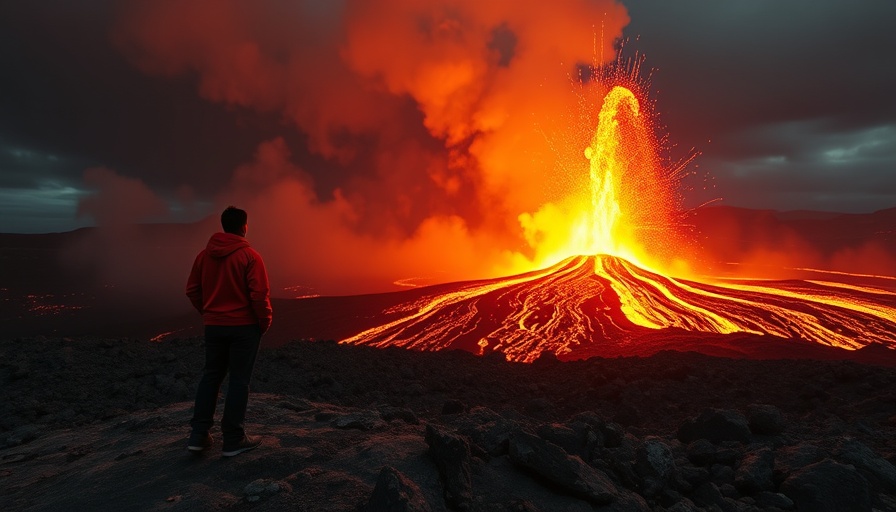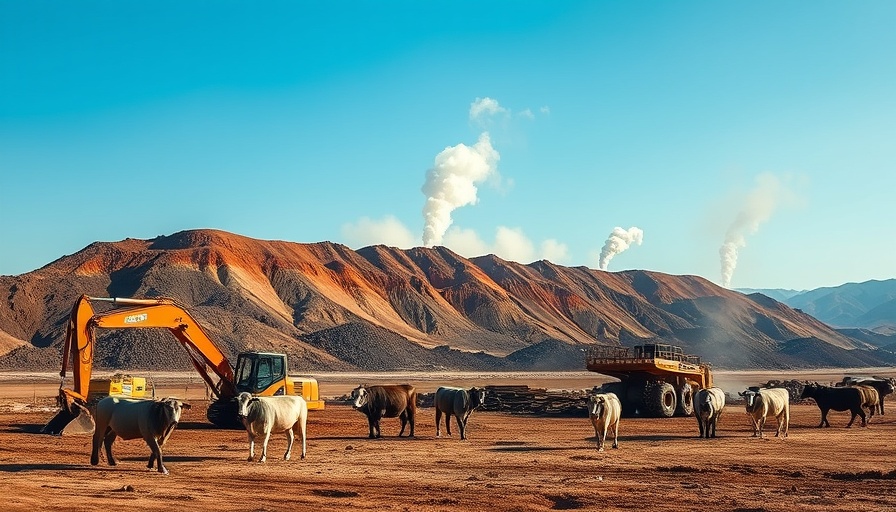
Melting Glaciers: A New Trigger for Volcanic Eruptions
Recent advancements in geological research have shed light on an alarming phenomenon: the connection between melting glaciers due to climate change and increased volcanic activity. As glaciers thin or disappear, the pressure previously held on magma chambers begins to diminish, allowing for a more frequent and explosive eruption sequence—an occurrence already noted in Iceland.
Understanding the Science Behind the Eruptions
The study, prominently conducted in the Chilean Andes and presented at the Goldschmidt Conference, highlights that as glaciers retreat, volcanic systems experience a significant shift. With the retreat of the Patagonian ice sheet, the Mocho-Choshuenco volcano has displayed a notable increase in eruptive behavior and changes in lava composition. As explained by lead researcher Pablo Moreno-Yaeger, glaciers traditionally act as a lid, suppressing volcanic activity; once this lid is removed, the result can be catastrophic.
The Ripple Effects of Climate Change on Volcanic Activity
The implications of these findings extend beyond academic theory. Hundreds of dormant volcanoes worldwide, particularly beneath the Antarctic ice, may become increasingly active as global temperatures rise. This potential is concerning for both local ecosystems and global climate stability.
Future Trends: What Lies Ahead
As we delve deeper into the intersection of climate change and geological activity, the concern becomes not only about eruptions but also about their potential threats to surrounding communities. With the knowledge that eruptions can become more violent, it's pertinent for scientists and government officials to develop proactive strategies for monitoring volcanic activity in glacial regions.
A Call for Preparation and Awareness
As we draw connections between climate change and its impacts, it becomes clear that we need a robust response strategy to anticipate and mitigate the effects of heightened volcanic activity. This includes research funding, early warning systems, and public education on volcano hazards tied to glacier melting.
In essence, understanding the effect of climate change on volcanic systems not only enriches our scientific perspective but equips us with the insights necessary to formulate better preparedness plans for the future.
 Add Row
Add Row  Add
Add 




Write A Comment